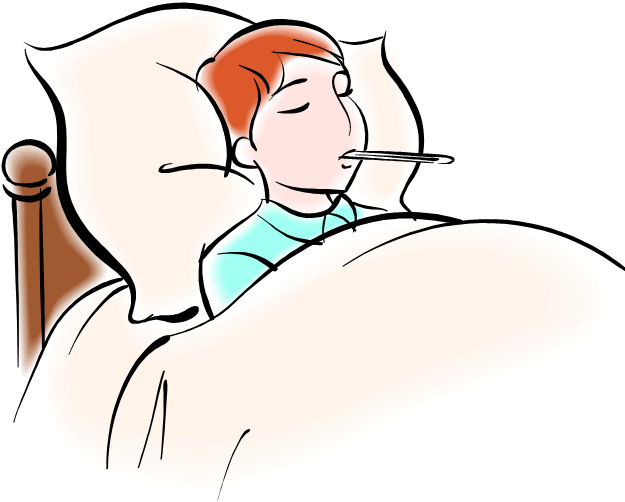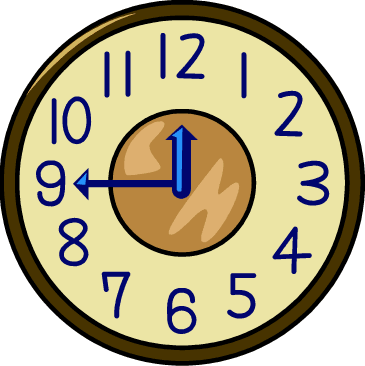ESL Doctors Reading Comprehension
This ESL doctors reading comprehension passage will help you learn how the ESL doctors vocabulary is used. The passage is about GPs (general practitioners) and the sort of care that they can give to an ill person. The passage uses a lot of the vocabulary given on the vocabulary page in a natural way, so you can see how the words should be used. There are 5 multiple-choice questions below the passage for you to test your understanding of the information contained in the passage.

ESL Doctors Reading Comprehension Passage
When most people are ill with a non-life threatening condition they will most often see a General Practitioner, a GP, also called a Family Doctor. These doctors generally work in the local community in surgeries rather than in hospitals, so they are convenient for people to see for a consultation. However, other GPs can work in a very wide range of areas, such as in hospitals, in education and for insurance companies.
As the name suggests, GPs are doctors that do not have a specialty, such as a brain surgeon or cancer specialist: they are able to diagnose and treat all the possible diseases and problem that one of their patients might have. They can treat and manage most illnesses and perform some minor surgeries in their practice. Then for more serious cases they will refer the patient to a specialist that will work in a hospital.
If you are ill and need to see a GP you will normally need to make an appointment. Sometimes you can just walk into the surgery and see a doctor, but that is not very likely as GPs are normally very busy and all their appointment times will be fully booked. Often you have to wait several hours if not at least one of two days before you can get an appointment with a GP. If you are too ill to wait you have to go to a hospital and visit the accident and emergency department.
GPs also make house-calls. These are when the GP comes to your house to treat you or see a patient. Most often a GP has to make house-calls to see elderly people who cannot get to the surgery easily. They might be ill and need to doctor to give them medicine or it could be that the GP just want to check on them and make sure that they are ok.
If you are ill, the doctor will normally prescribe you some medicine and tell you to go away for a few days before you go back and visit them again if you have not started to get better. The GP will also explain how you can have a better lifestyle that could prevent you from becoming ill in the first place. They will normally recommend that you stop smoking cigarettes (if you do), not to drink too much alcohol and to get exercise. Once you have your prescription you will need to visit a pharmacy to get the medicine the doctor prescribed you.
ESL Doctors Reading Comprehension
Reading comprehension questions that go with the above reading passage.
Other Pages about Doctors that You Might Like
ESL Doctors Conversations
ESL Doctors Listening
ESL Doctors Vocabulary
ESL Doctors Writing
ESL 4u home › Reading › Doctors


|
|



New! Comments
Have your say about what you just read! Leave me a comment in the box below.